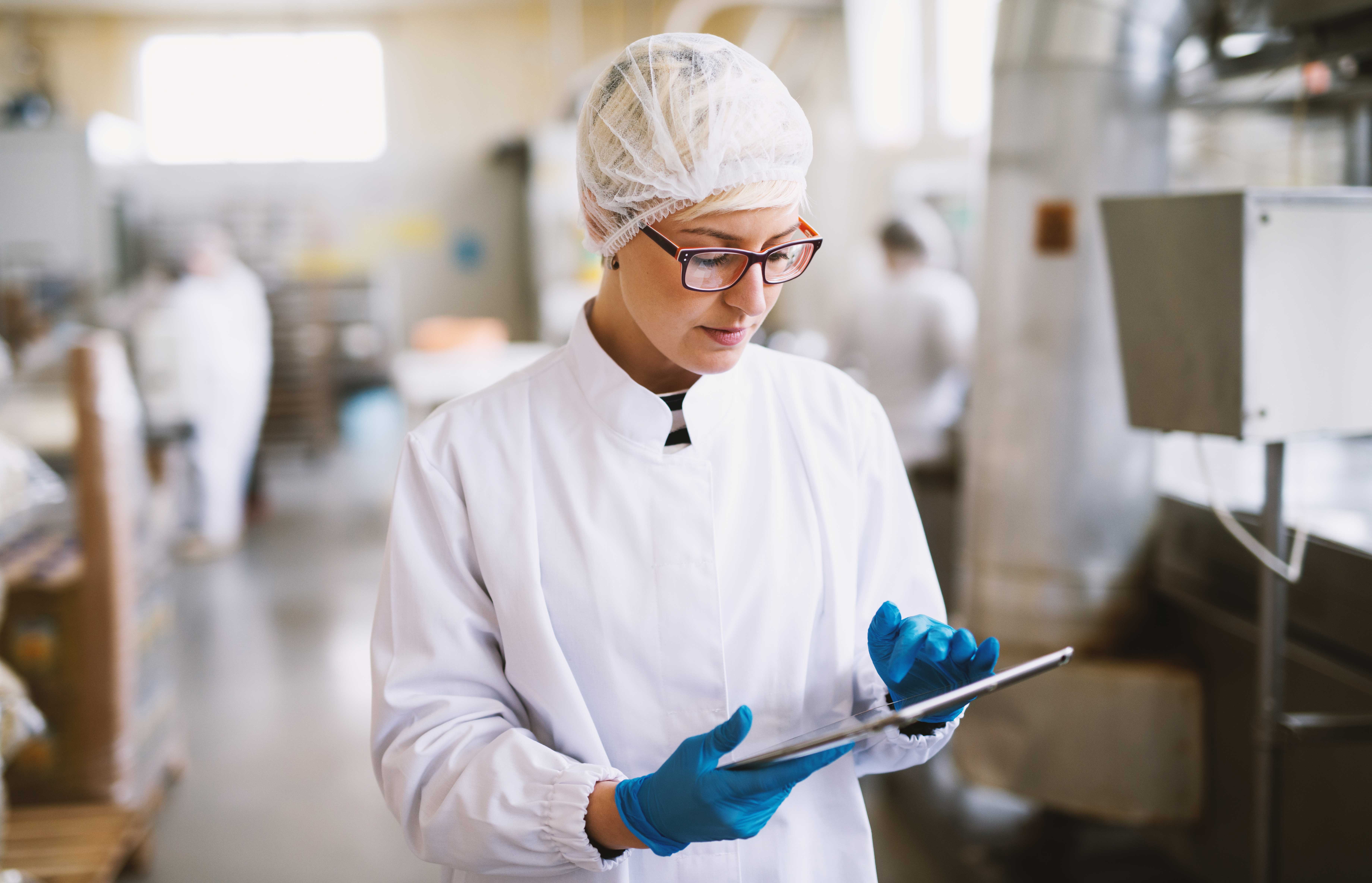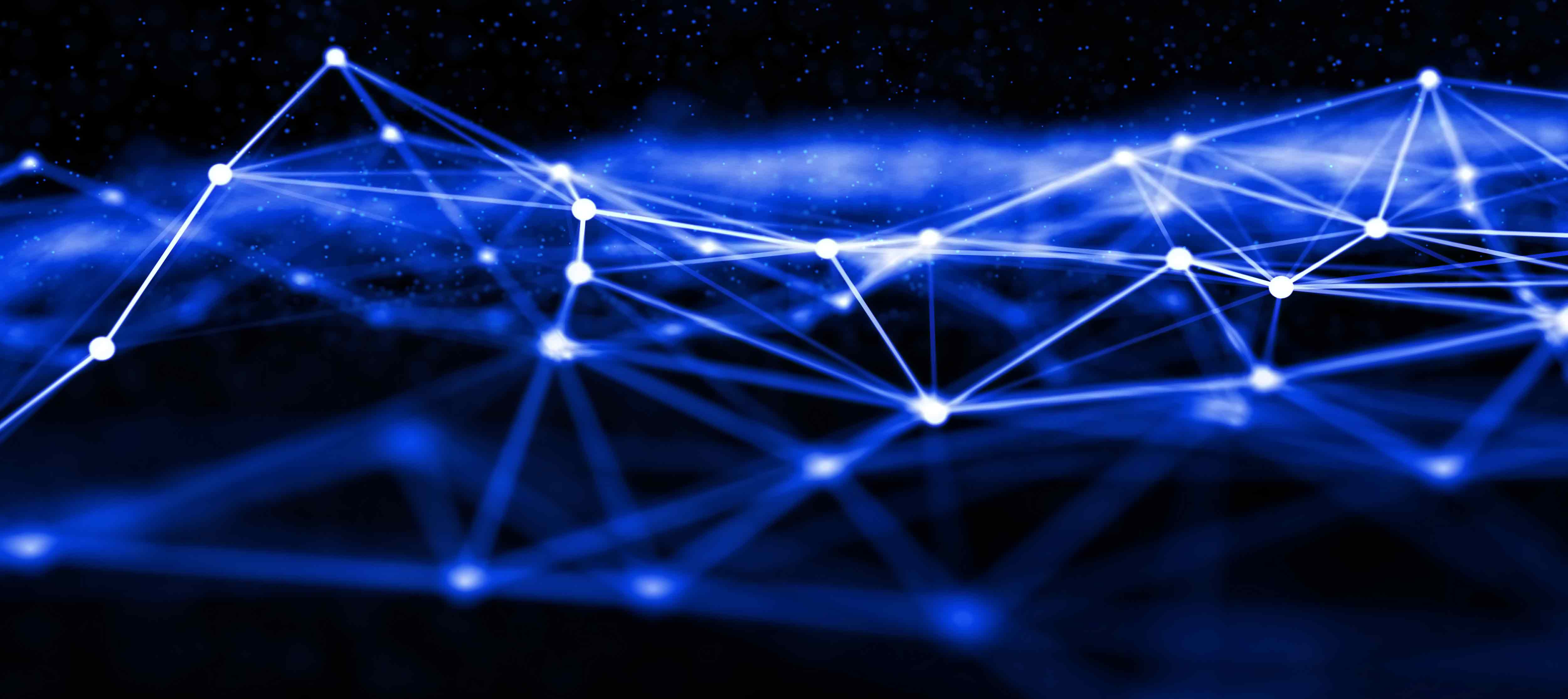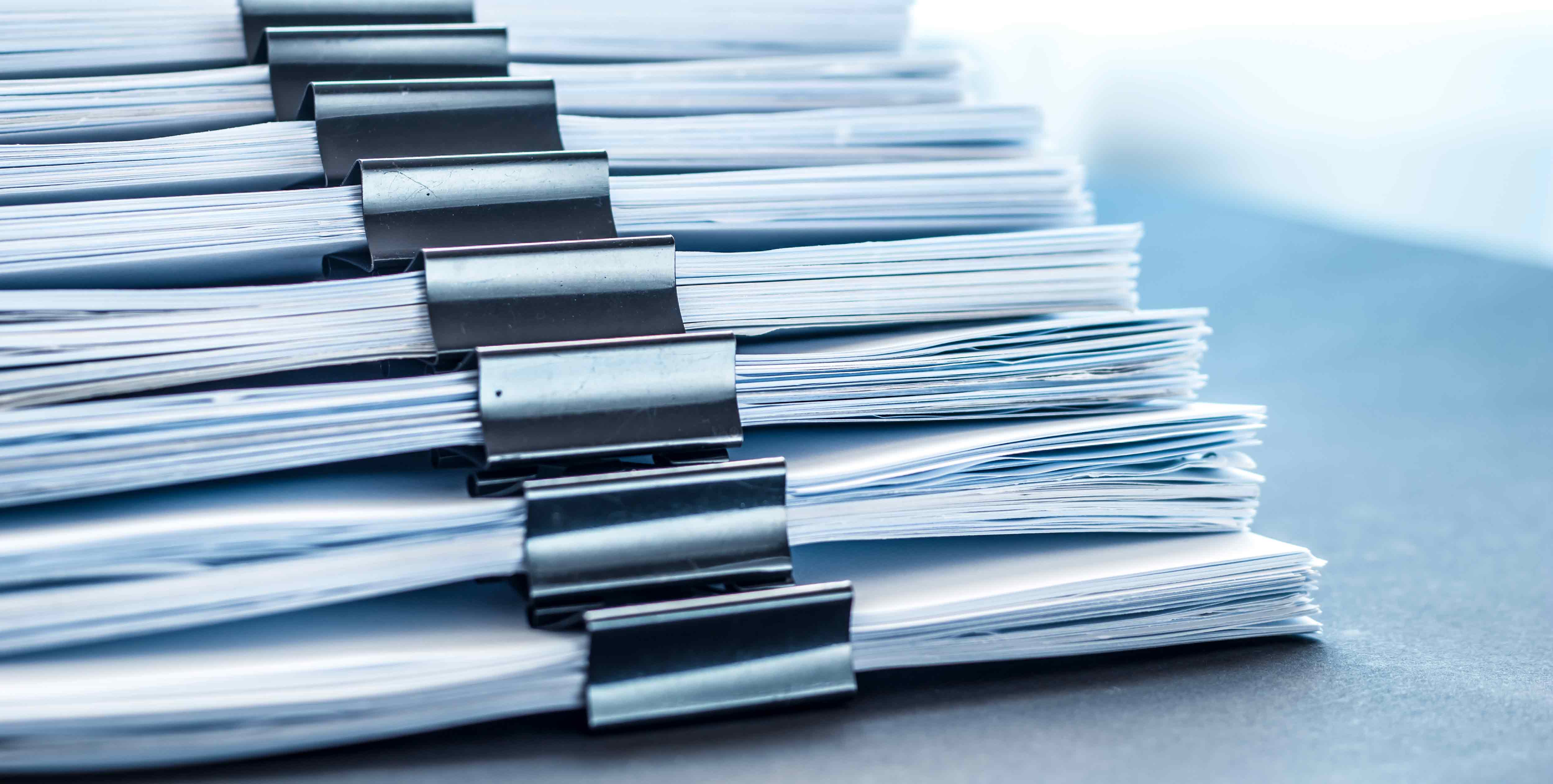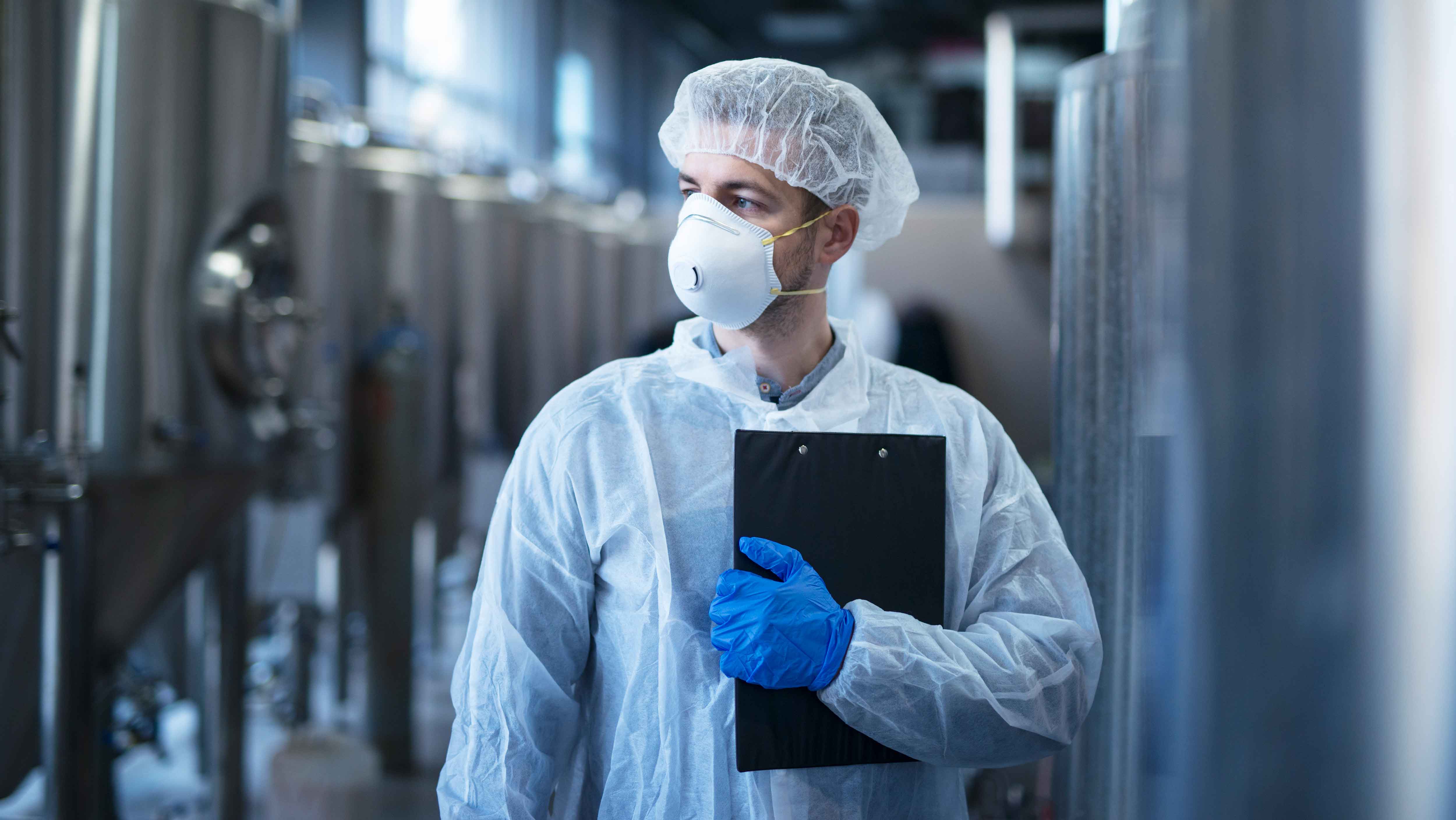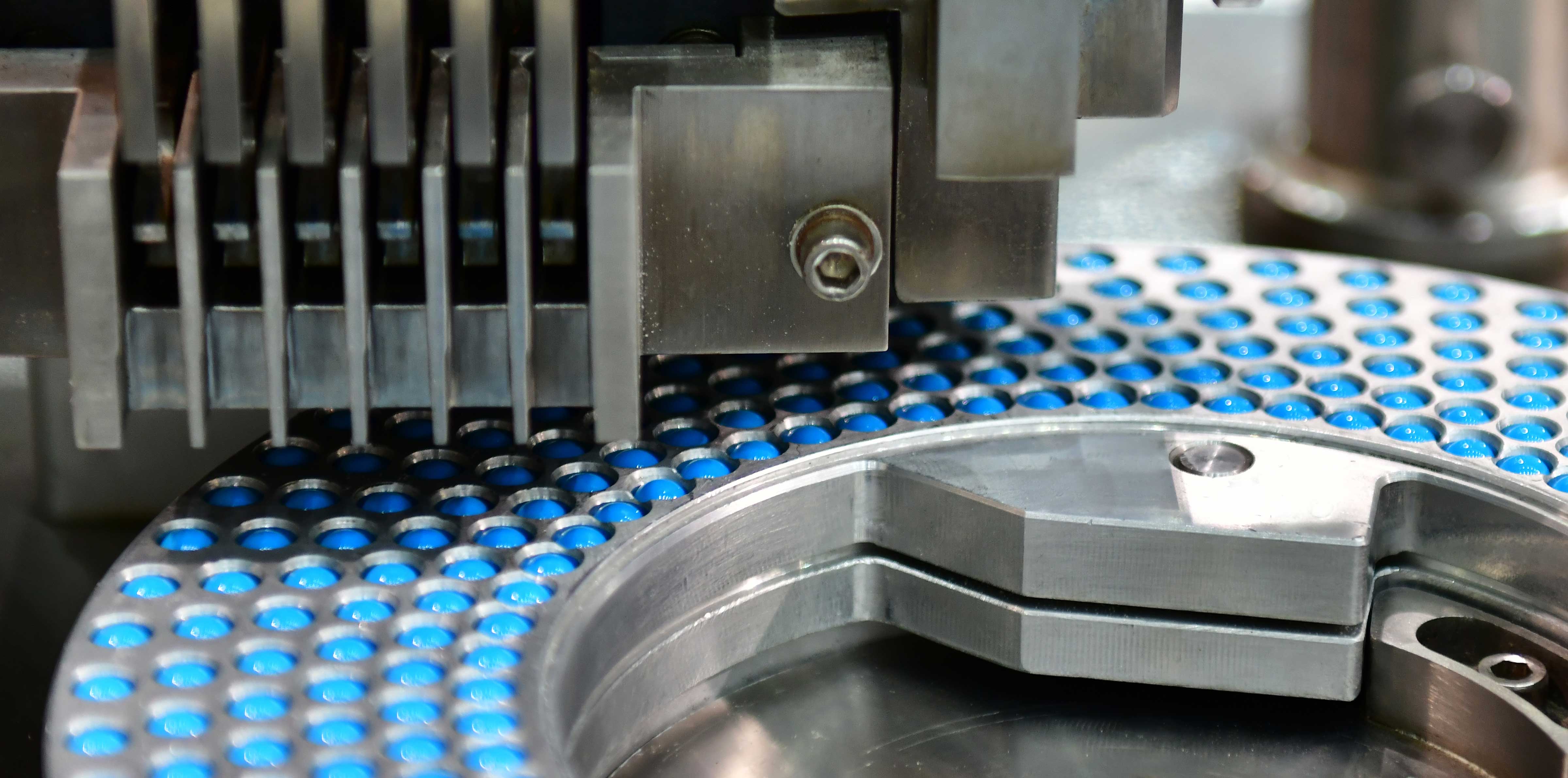In this blog, we frequently talk about remote monitoring, and specifically how networked sensors can be used to continuously collect data on critical environmental and process parameters. In this article, we’ll focus on the applications for this type of centralized monitoring system for hospitals...
Read Moreenvironmental monitoring
The health of American citizens relies largely on the quality of prescription drugs they take. Even though the United States takes every precaution to secure its medication supply chain, there are still certain issues that can arise. In order to combat the potential risks of an unsecured supply...
Read MoreFood plants and warehouses have a responsibility to comply with FDA regulations to ensure that high quality products are being distributed to the public. Recently, the FDA has been particularly concerned about temperature monitoring conditions, and therefore, are issuing citations to facilities for...
Read MoreBlood banks perform the critical functions of collecting, testing, processing, storing, and distributing the over 10 million units of blood donated in the US every year. The tasks performed on a daily basis in a blood bank are diverse and complex.
Read MoreIn July, acting FDA commissioner Janet Woodcock announced that the FDA would be resuming non-mission-critical facility inspections, effective immediately. In this article, we’re going to discuss what that means for pharmaceutical companies, and how they can prepare for a successful audit.
Read MoreA data logger is a compact, self-contained electronic unit that measures and records a stream of data. Modern data loggers are highly configurable, in terms of the types of data they can record, how they transmit data, and how they can be integrated into large, complex, and dynamic networks.
Read MoreAn industrial data logger is a compact, stand-alone unit that continuously records a stream of measured data, which is stored digitally for later retrieval or transmitted to another device. The most common parameters they’re used to measure are temperature, humidity, pressure, voltage, and current....
Read MoreDigital data loggers represent the state of the art in environmental monitoring technology. They're compact, versatile, and can easily be scaled up to keep pace with a growing business.
Read MoreTemperature is arguably the most critical environmental variable to measure and record. This is primarily because temperature determines the rate of chemical processes, like bacterial growth, degradation of fragile vaccines, and food spoilage. It also drives physical processes like melting,...
Read MoreThere are many industries in which controlling the temperature of spaces like warehouses, freezers, and shipping containers is a critical part of doing business. In these industries, data loggers are commonly used to measure and record temperature.
Read More


